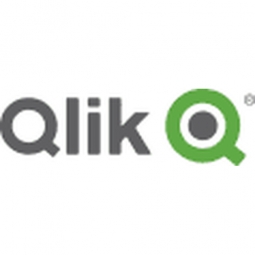Qlik
Case Studies
Leveraging IoT and Data Analytics for Equitable Education: A Case Study of Loudoun County Public Schools
Overview
 |
Leveraging IoT and Data Analytics for Equitable Education: A Case Study of Loudoun County Public SchoolsQlik |
Cybersecurity & Privacy - Identity & Authentication Management Networks & Connectivity - WiFi | |
Buildings Education | |
Procurement | |
Personnel Tracking & Monitoring | |
Operational Impact
| The use of Qlik and data analytics significantly improved LCPS's ability to identify households in need of hotspots and quickly contact and deploy devices. The solution enabled the district to ensure that all students had access to online learning resources, regardless of their circumstances. It also allowed for a more efficient and equitable distribution of resources. The data-driven approach provided valuable insights that informed decision-making and enabled the district to respond effectively to the challenges posed by the COVID-19 pandemic. The solution also demonstrated the potential of IoT and data analytics in enhancing educational equity and access. | |
Quantitative Benefit
| 1,500 hotspots were procured and distributed equitably among families and staff. | |
| The solution enabled LCPS to identify specific clusters of need and prioritize the distribution of hotspots. | |
| The data-driven approach allowed for adjustments to be made based on usage metrics and feedback. | |


